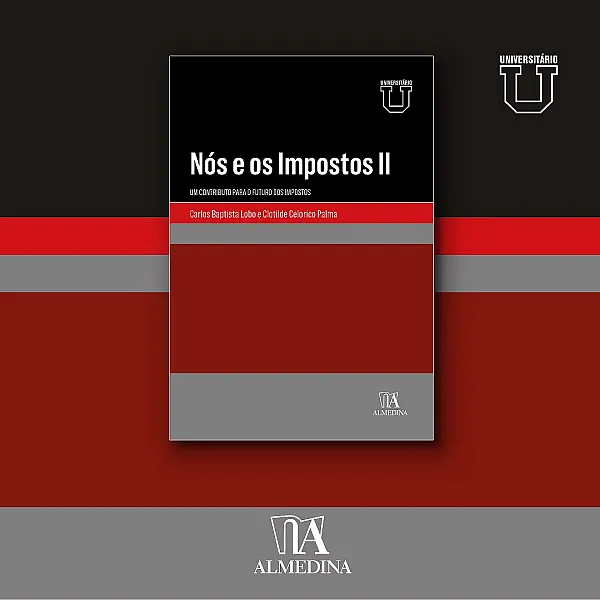The Future of Taxation

The project aims at analysing the future of tax policy regarding the globalization and digitalization trends. Tax sovereignty, materiality and territory, the ground pillars of “traditional” tax policy are not able to stay functional at the dawn of the 21st century economy. The Group will investigate future perspectives for tax and fiscal policies in the EU, including the evolution of the Public Finance Management (PFM) reform, the evolution of the new paradigms of international taxation (v.g., Origin vs. Destination principle), envisaging the creation of an effective and fair tax system. Green Economy, Fairness and Intergenerational Equity will be critical issues of a new sustainable tax policy.
This project will include at least the following research topics:
(i) Analysis of the “gaps” underlying the standardised source-residence dichotomy in international tax law, including the practical implications of Origin and Destination options;
(ii) Prospective analysis of the optimal models for legislation applicable to Public Finance Law/Public Finances, including: (a) the possibility of creating a General Law on Public Financial Activity; and (b) the possibility of reforming the Tax Studies Centre, with special focus on the creation of a training school for the staff of the Portuguese Tax Administration, using the Judicial Studies Centre model as a reference;
(iii) Analysis of the sustainability of "green tax revenue", at the level of Excise Taxes. At this level, the main purpose would be to analyse the alternatives of the tax law, in a medium and long-term time horizon, to deal with the need to move from a context of positive discrimination of renewable energy vectors (currently in progress) to their inclusion in the tax base of this type of Excise Taxes. This topic is particularly important since, if the positive discriminations on renewable vectors continue and proliferate, the respective collected revenue will decrease over the next decades, compromising optimal budgeting objectives that will need to be addressed.
(iv) Study on the introduction of "nudges" and "sludges" - in the sense of the Thaler-Sunstein architecture - in a wider Reform of Green Taxation, with emphasis on the level of Excise Taxes.
(v) A theory of adjudication for the CJEU case law on European taxation: interpretation methods, rule-based vs. precedent-based reasoning, and grounds for a network analysis of the logical structure of the preliminary rulings.
Results
As a result of this project, a book, Nós e os Impostos II - Um Contributo para o Futuro dos Impostos (We and Taxes II - A Contribution to the Future of Taxes), was published by Almedina, where contributions from renowned national and foreign authors were collected.
This book addresses the most pressing issues facing the world of taxation in the future, such as the prospects for the evolution of Portuguese public finances, the future of tax policy, the new fiscal state, guidelines on the principles of tax law and international taxation, the challenges of digitalization and the taxation of digital nomads, cryptocurrencies, income taxes, VAT and excise duties, stamp duty, property taxation, customs aspects, and tax justice.
Lobo, C. & Palma, C. C. (Coord.) (2023), Nós e os Impostos II - Um Contributo para o Futuro dos Impostos, Coimbra, Almedina. (https://www.almedina.net/nos-e-os-impostos-ii-um-contributo-para-o-futuro-dos-impostos-1695996238.html) (A Contribution to the Future of Taxes)
Research Team
Prof. Dr. Carlos Lobo (PR)
Prof. Dr. Clotilde Celorico Palma
Prof. Dr. Filipe Vasconcelos Fernandes
Daniel Bobos-Radu
Duration: 2021-2023 (24 months)
Project status: Closed
Recent Initiatives

